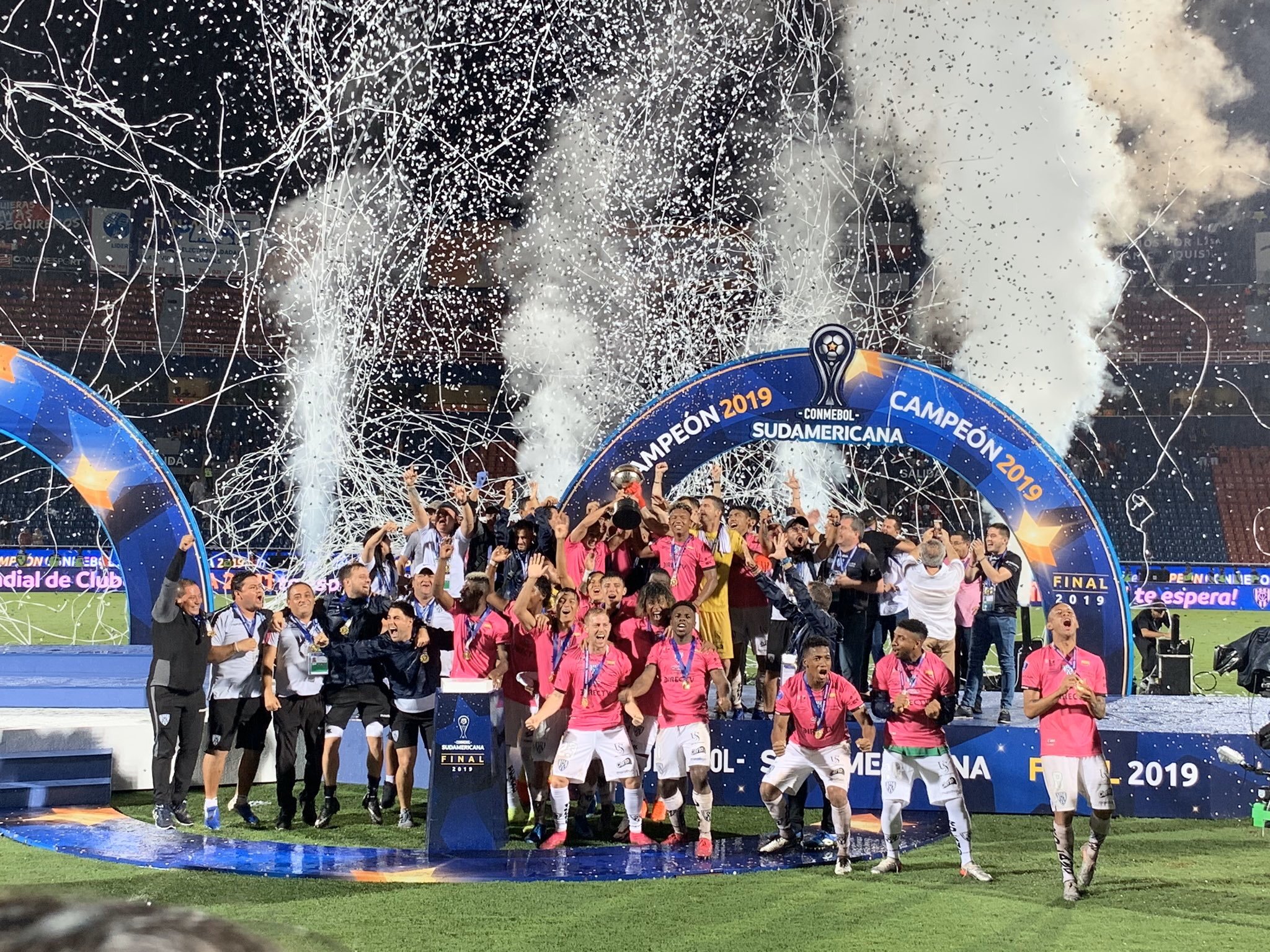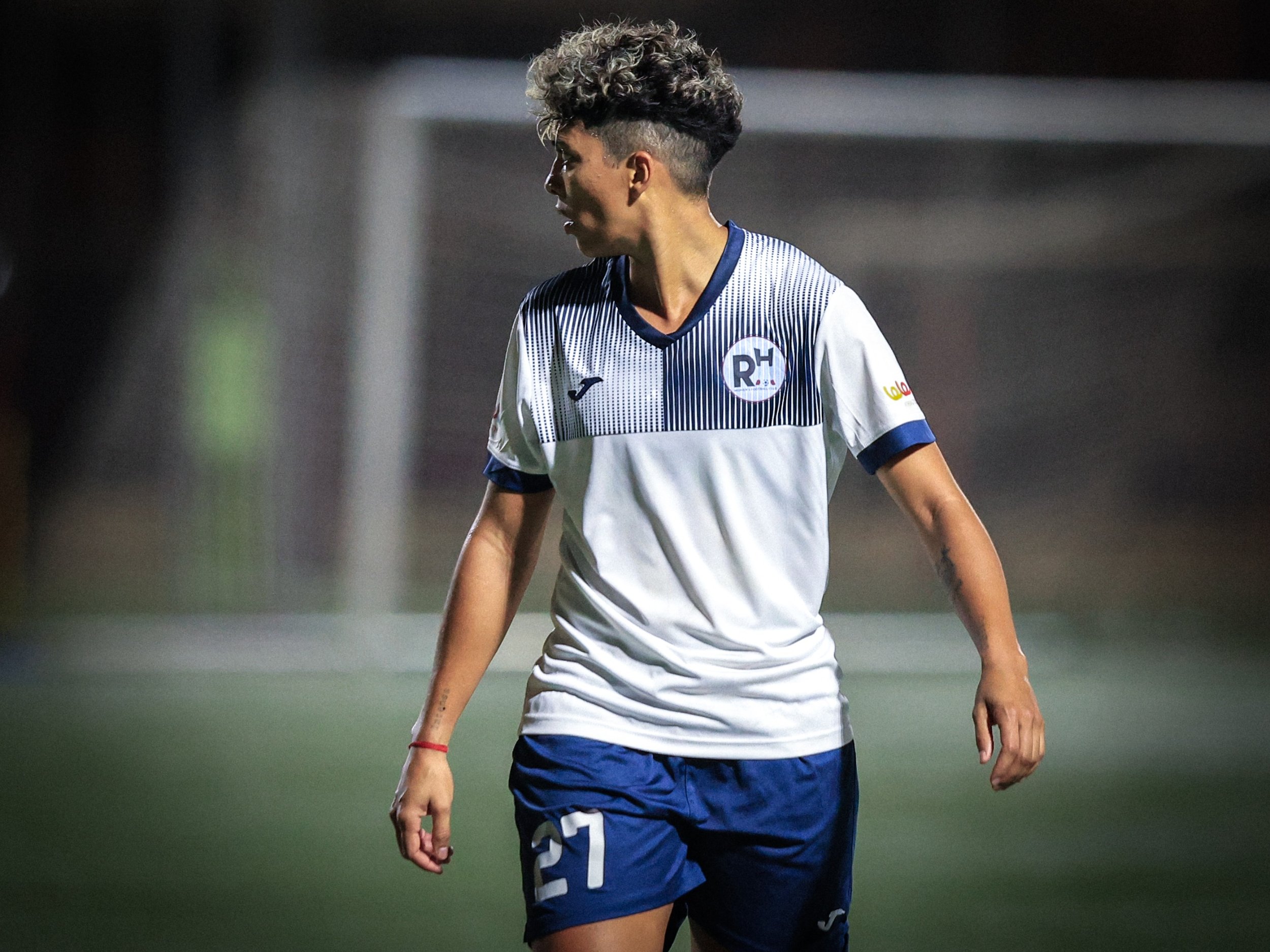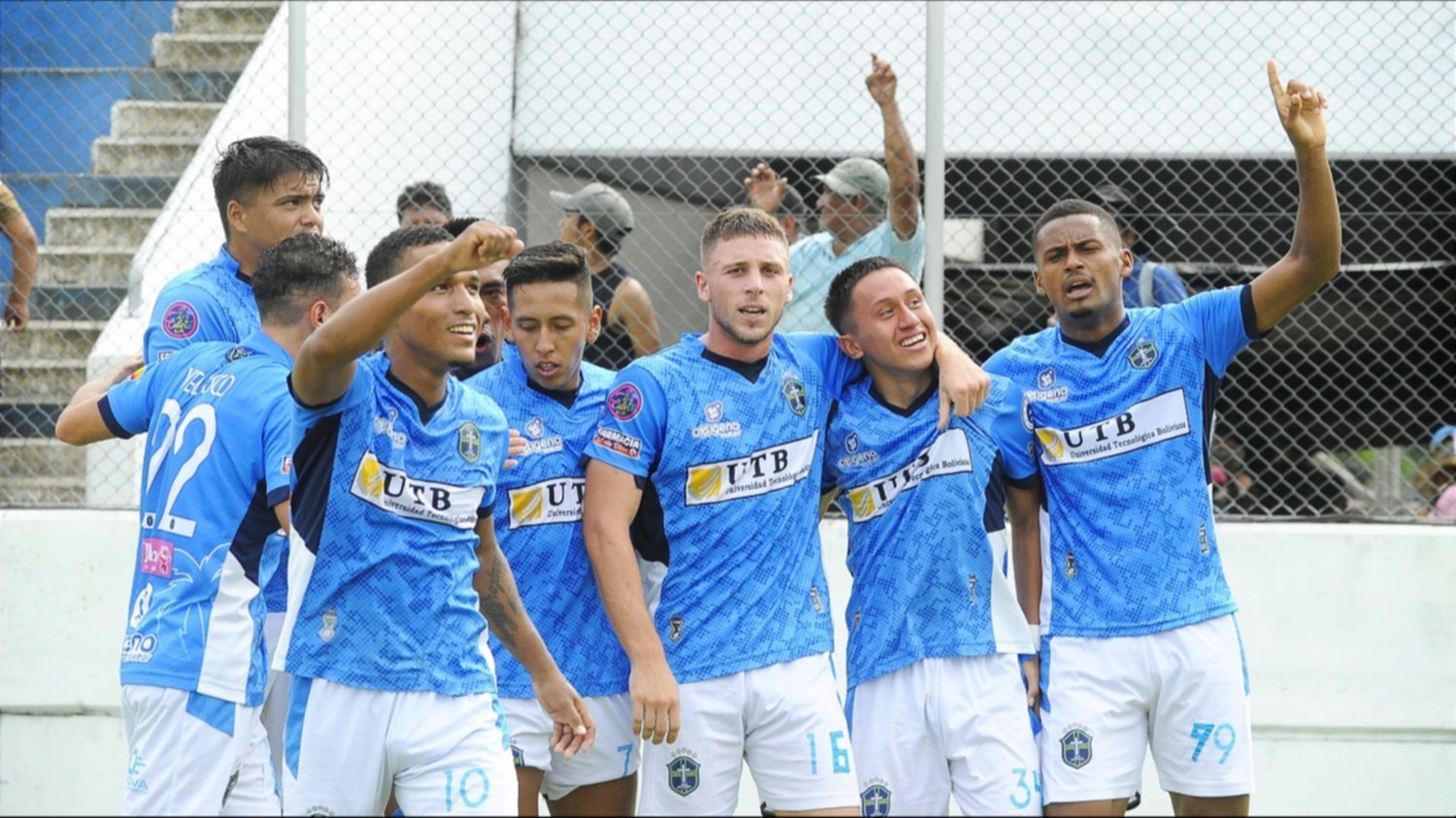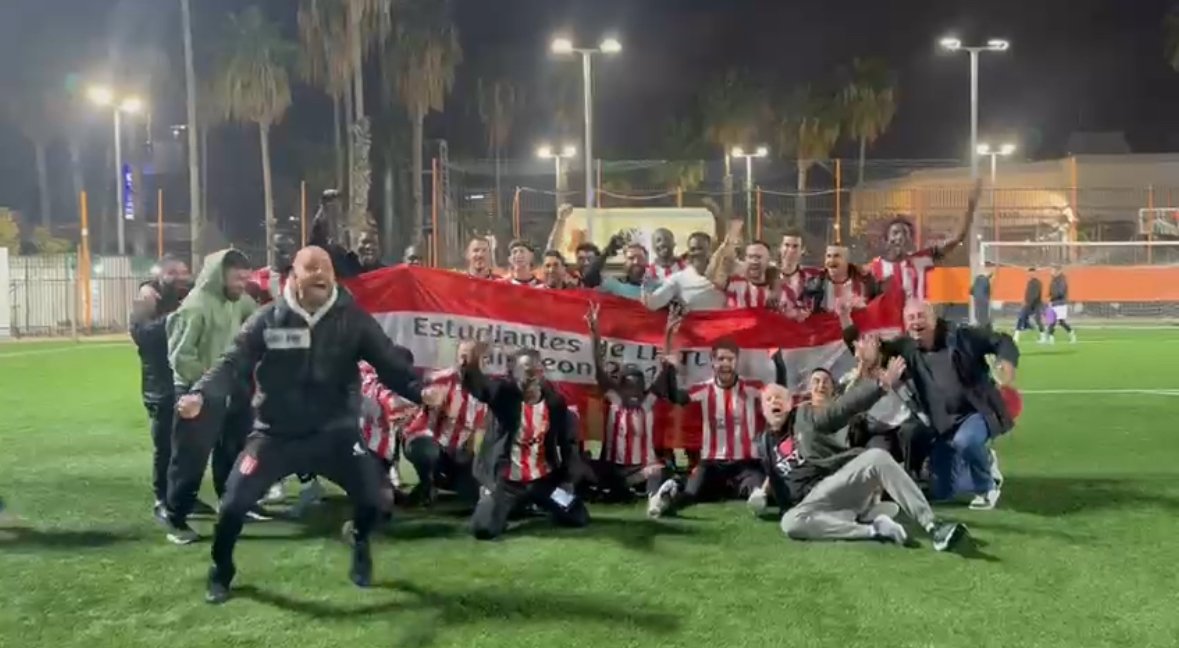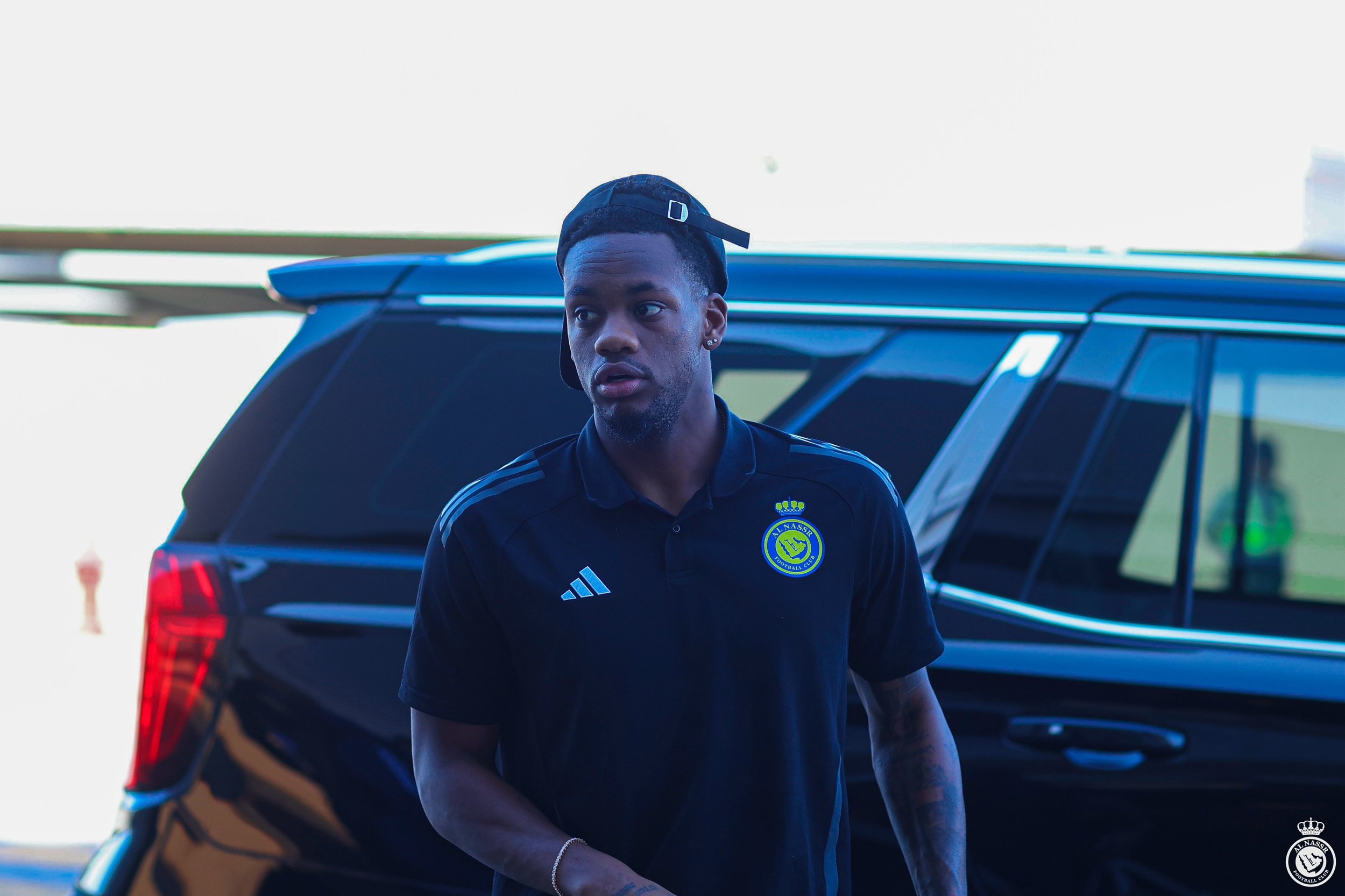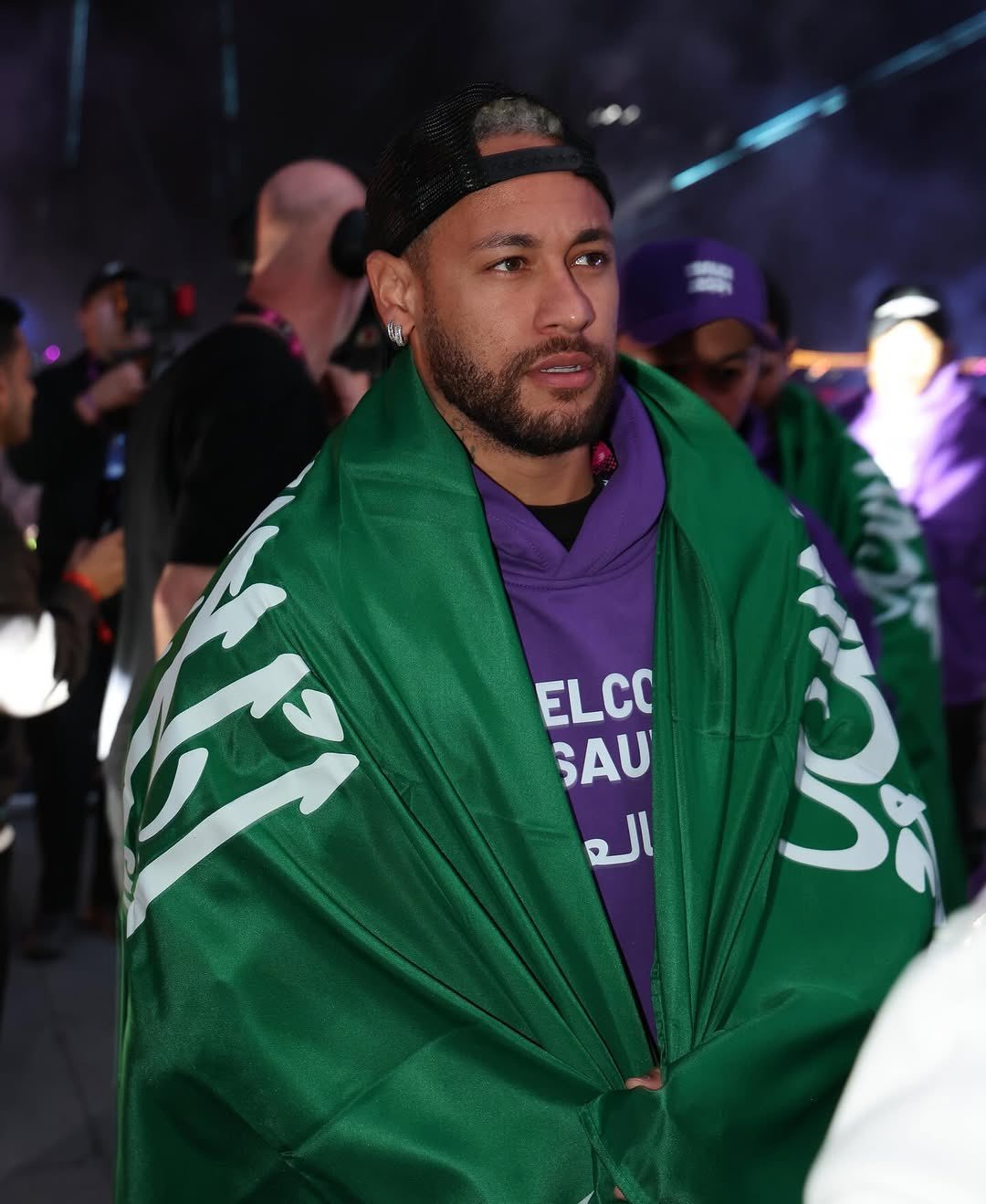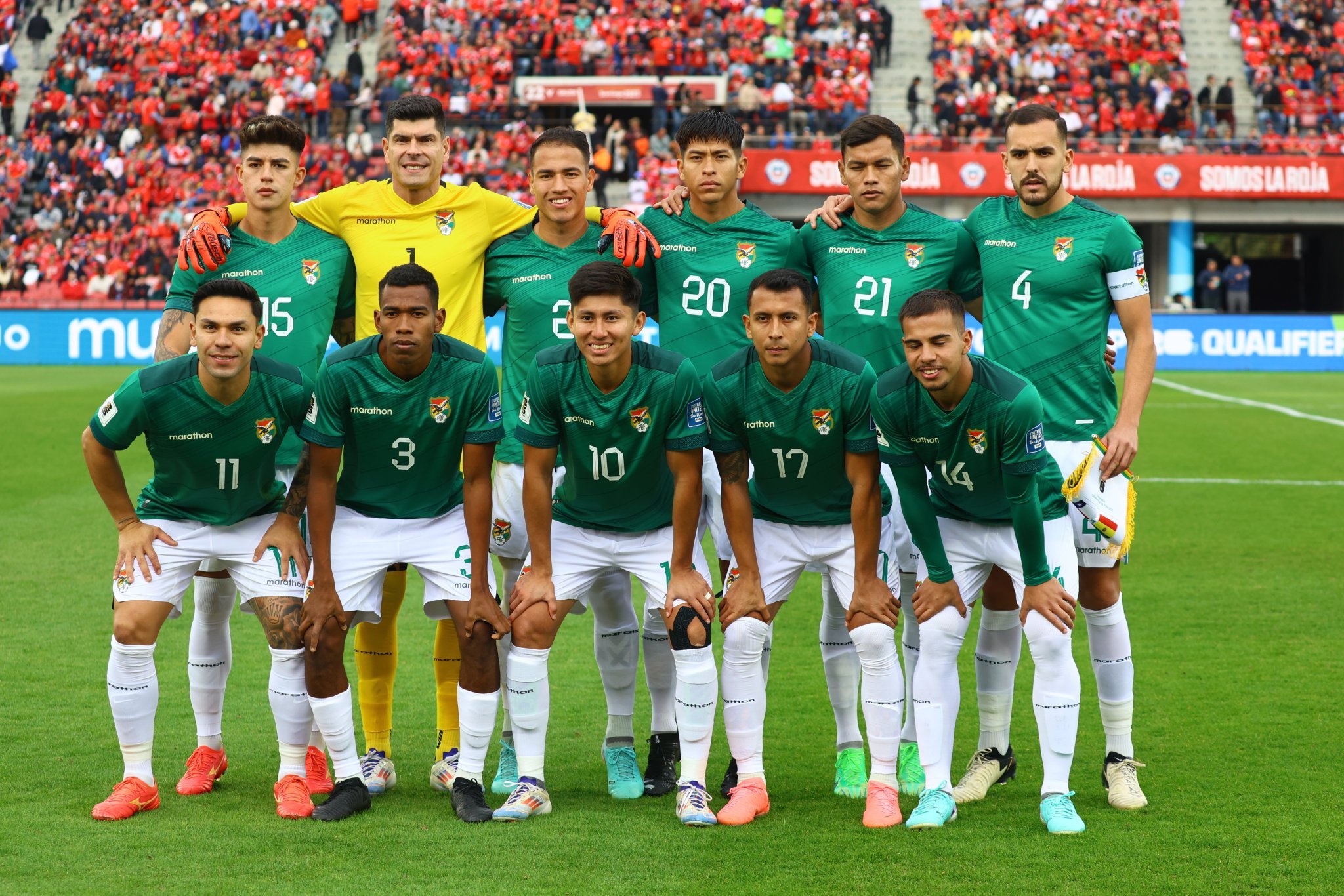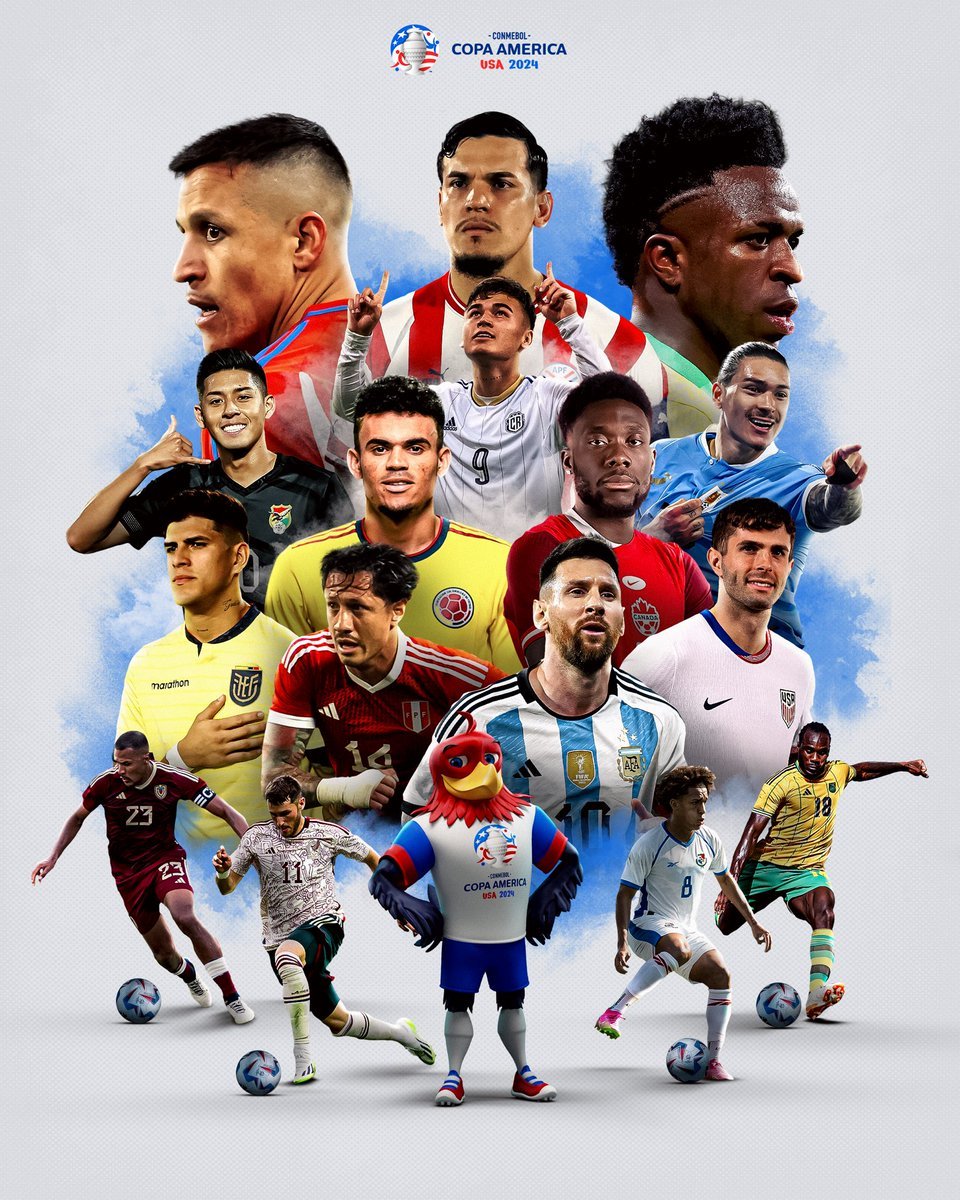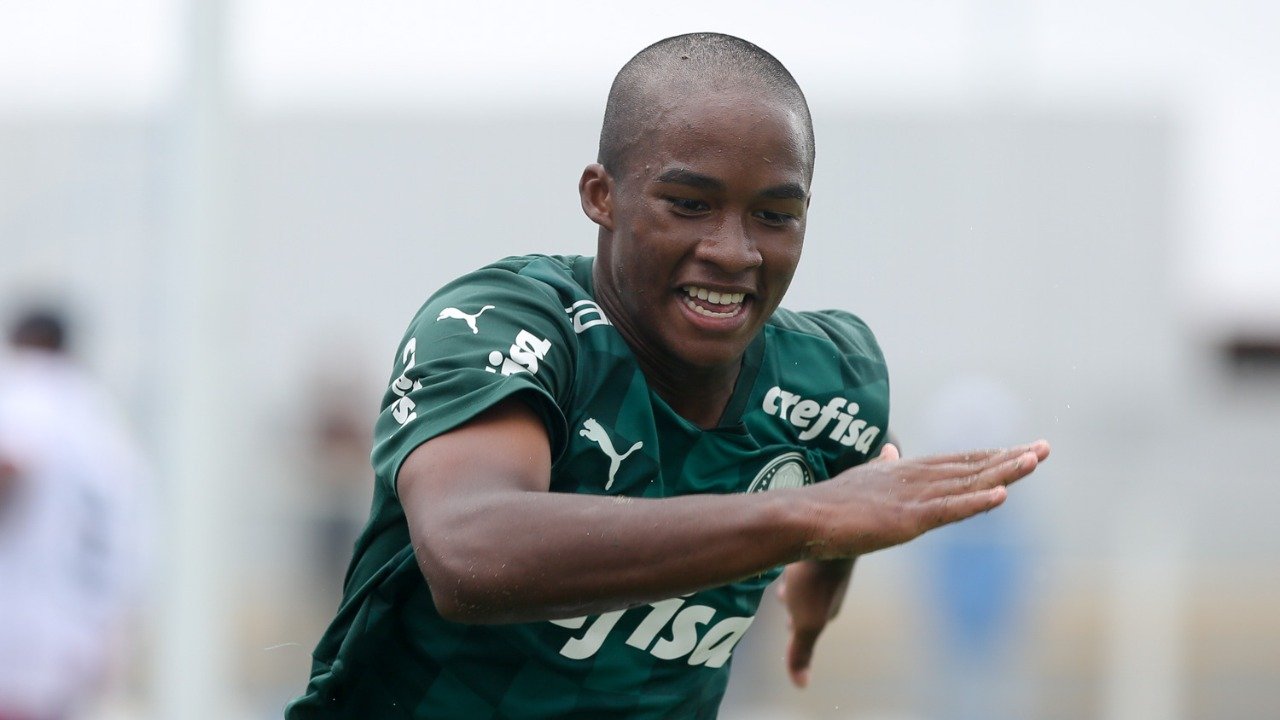There are few big achievements when it comes to Ecuadorian football. Whether it’s at national team or club level, teams from the South American nation haven’t fared well, with most of their biggest moments coming at the start of the millennium.
Liga de Quito won the Copa Libertadores in 2008, and the Copa Sudamerica a year later. Barcelona, another Ecuadorian giant, reached the final of the Copa Libertadores back in 1997 and, apart from the national team qualifying for the World Cup twice, in 2002 and 2006, Ecuador hasn’t made waves on the world stage.
Since 2010, however, a new ‘player’ has joined the stage – Independiente del Valle.
The club was promoted to the first division that year, and 11 years later were crowned as domestic champions – but that’s not their only achievement. Beyond that, Independiente is producing some of the best new talents in Ecuador.
With the league starting last week, it's an excellent opportunity to introduce to you the Negriazul.
One of South America’s best football academies
Club Deportivo Independiente were founded on 1st March 1958 by José Terán – he was their first president, player, and captain. Pepe, as he was also known, was the janitor of Sangolquí municipal, located 17 km from the capital Quito. A football fanatic, Pepe was influenced by the Argentine club Independiente de Avellaneda, who were once considered the best team in South America. He had a dream to establish a new club who could be as good as Independiente, but couldn’t live to see this dream come true. In 1977, two years after his death, the club’s name was changed to Independiente José Terán in his honour.
Independiente are used to playing in lower leagues, consistently playing in the third and second divisions before their 2010 promotion.
When the club was in financial difficulties back in 2007, a wealthy local businessman, Michell Deller, took the club under his wings and helped bring it out of this challenging situation.
Two years later, Independiente won the second division title, and were promoted to the top tier for the first time. Deller, the owner of several companies, wanted to build a successful business in football.
When they joined the first division, the directors decided on a process called “Independiente Formativa". Its goal was to prepare the club’s young players to pass through the youth setup and help them adjust to a future of first team football. Six years later, seven homegrown players represented the club in the final of the Copa Libertadores.
But the club’s main goal was more than that. In 2014, with an agreement from Ecuador’s sports minister, the club changed its name to Club Especializado de Alto Rendimiento Independiente del Valle.
They also signed a co-operative agreement with the Qatari academy, Aspire, who were looking to draft young talents worldwide. In Ecuador, they do it through Independiente. Many football academies were opened across the country with a specific goal: to teach the same philosophy to these young talents, and strengthen the senior team. Independiente now have more homegrown players than any other in their country in the last decade.
The investment pays off
When it comes to continental competitions, Independiente are one of the best Ecuadorian teams of the last decade.
Since their first Copa Sudamericana in 2013, they have been a regular sight in one of CONMEBOL's competitions. In 10 years, they’ve qualified eight times for the Copa Libertadores, and four times for the Copa Sudamericana.
In 2016 they shocked the continent by reaching the Copa Libertadores final, and in style too, when they left behind two of South America's giants - River Plate in the round of 16, Pumas in the quarter-final, and in the semi-final, Boca Juniors.
Winning the Copa would have probably made them the most surprising champion in the tournament’s history. But Colombian side Atletico Nacional had other plans, and they were crowned as champions after beating Independiente 2-1 on aggregate.
Three years later, they went all the way in the Copa Sudamericana. Even though they weren't newcomers to the competition, their achievement was still considered a huge surprise.
Their squad featured several young talents who had been a part of the Ecuadorian U20 national team that won the South American championship that year. Independiente faced some tough opponents on their way to the title. They left behind Independiente de Avellaneda, Teran's inspiration, beat Corinthians in the semi-final and, in the one-legged final, beat Colon 3-1 – they had brought home their first continental title, only the second Ecuadorian club to do so.
A historical moment for the young club that reshapes the football reality in Ecuadorian football. (Photo: CONMEBOL)
Ecuador’s best exporter
You can easily see the impact of Independiente’s investment in youth. In the last four years, Ecuador’s age-group sides are filled with the clubs players.
In 2017, the U20’s finished as South America's second best side. Two years later, they won the title for the first time. At that year’s U20 World Cup, Ecuador finished third.
The success didn't stop there. Independiente del Valle have reached the last three U20 Copa Libertadores finals, winning it in 2020. The big success, however, belongs to the senior national side, who are one small step from reaching the World Cup this year – impressing in the qualifiers with several of the club’s big names.
Independiente became the number one exporter of footballing talent in the country, both directly and indirectly. In the last couple of years, the club has sold 12 players for around €25m in total - an astronomic amount for a South American club. Centre-back Piero Hincapie, midfielder Moises Caicedo, and right-back Angelo Preciado are just a few of those who started in the club's youth department. Today, they are considered an essential part of the national team, hopefully bringing El Tri as far as they can in Qatar.
Historic domestic championship
Independiente’s relatively quick route to success is pretty rare. In a decade, the club has became one of the best teams in the country, reaching the final of the Copa Libertadores and winning the Copa Sudamericana.
In the last domestic tournament, they fulfilled the dream of José Terán, and won Ecuador's championship for the first time. Facing Emelec in a two-legged final, they won 3-1 at home before seeing out a 1-1 draw in the reverse leg.
It seems that Independiente is on the right path to becoming Ecuador's standout number one club for the next few years, and potentially a regular sight in the latter stages of the Copa Libertadores.
Now, after winning that historic title, they still have one more competition to win to truly fulfil Teran's vision. To take just one more step forward from what they achieved in the Copa Libertadores in 2016. With the way the Negriazul are handling things, anything is possible.


